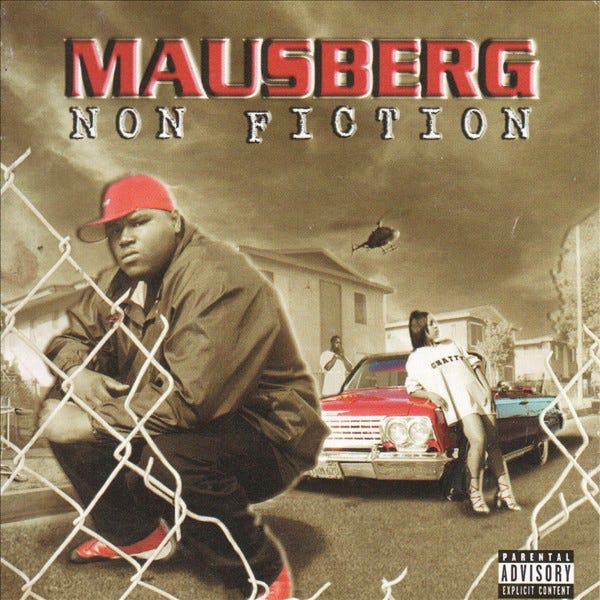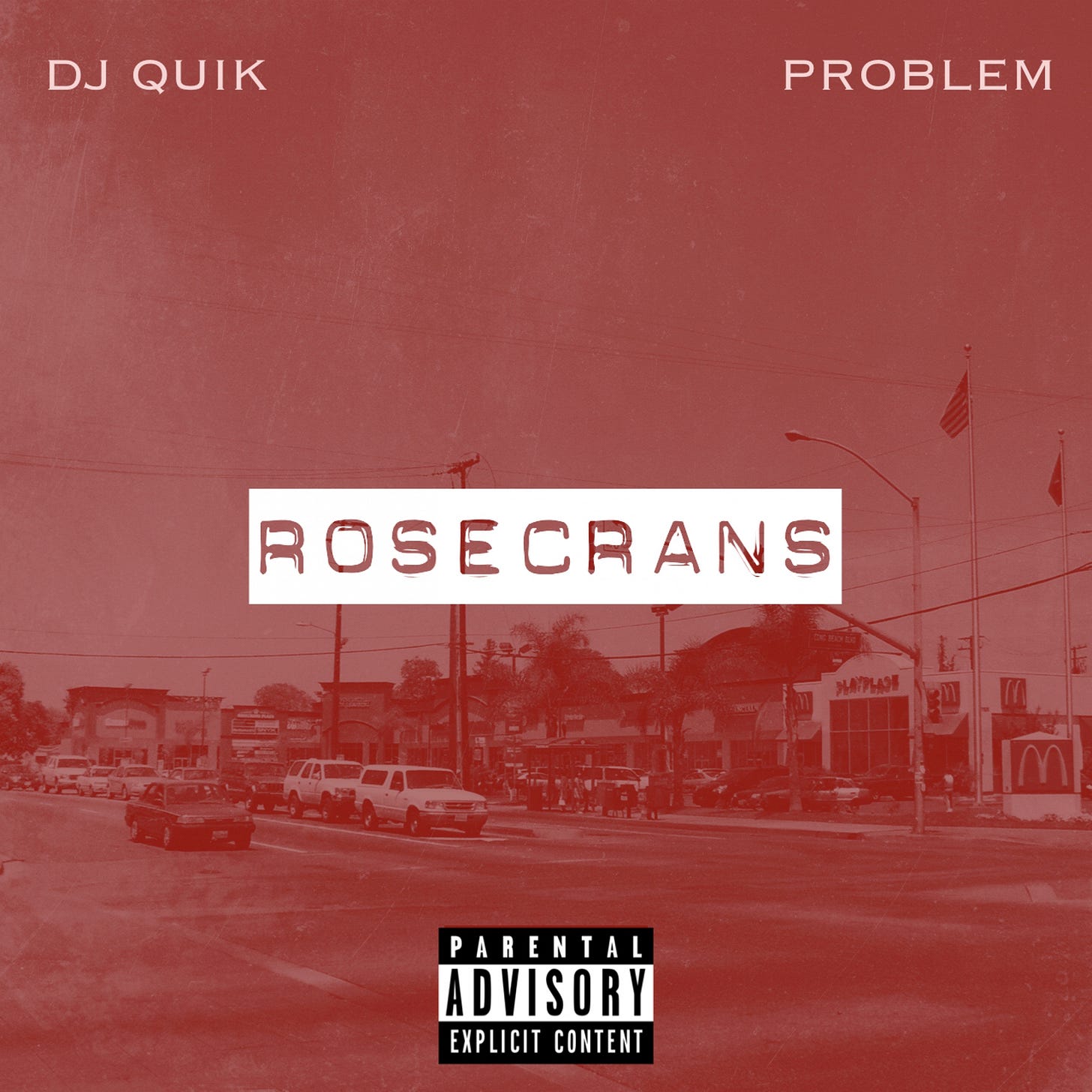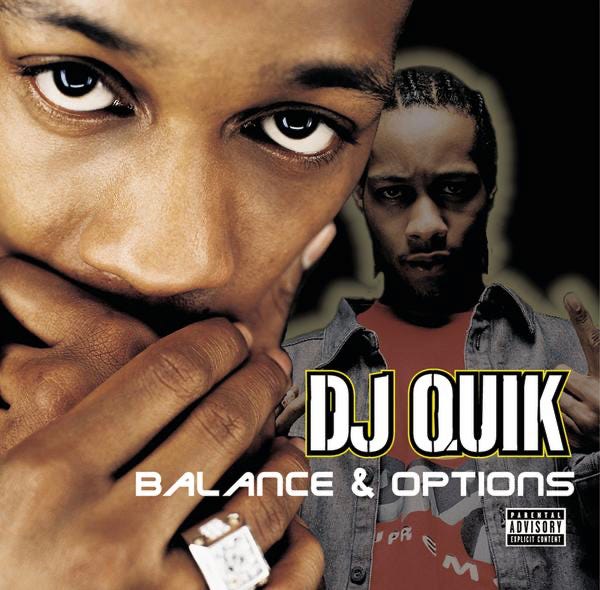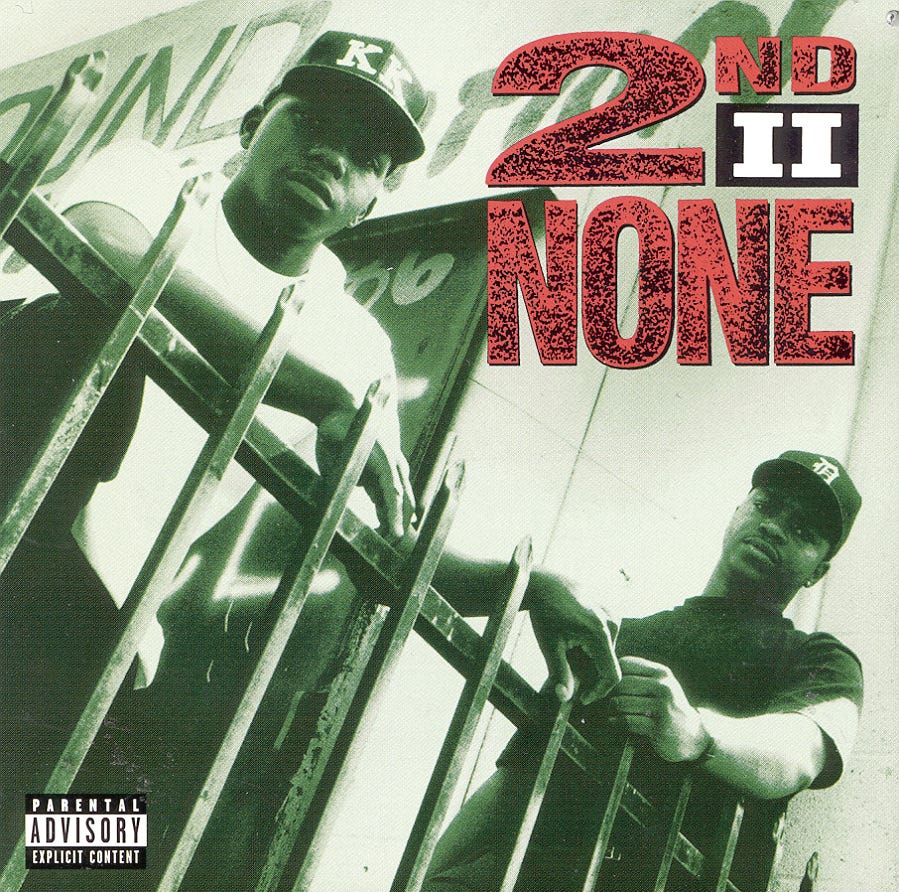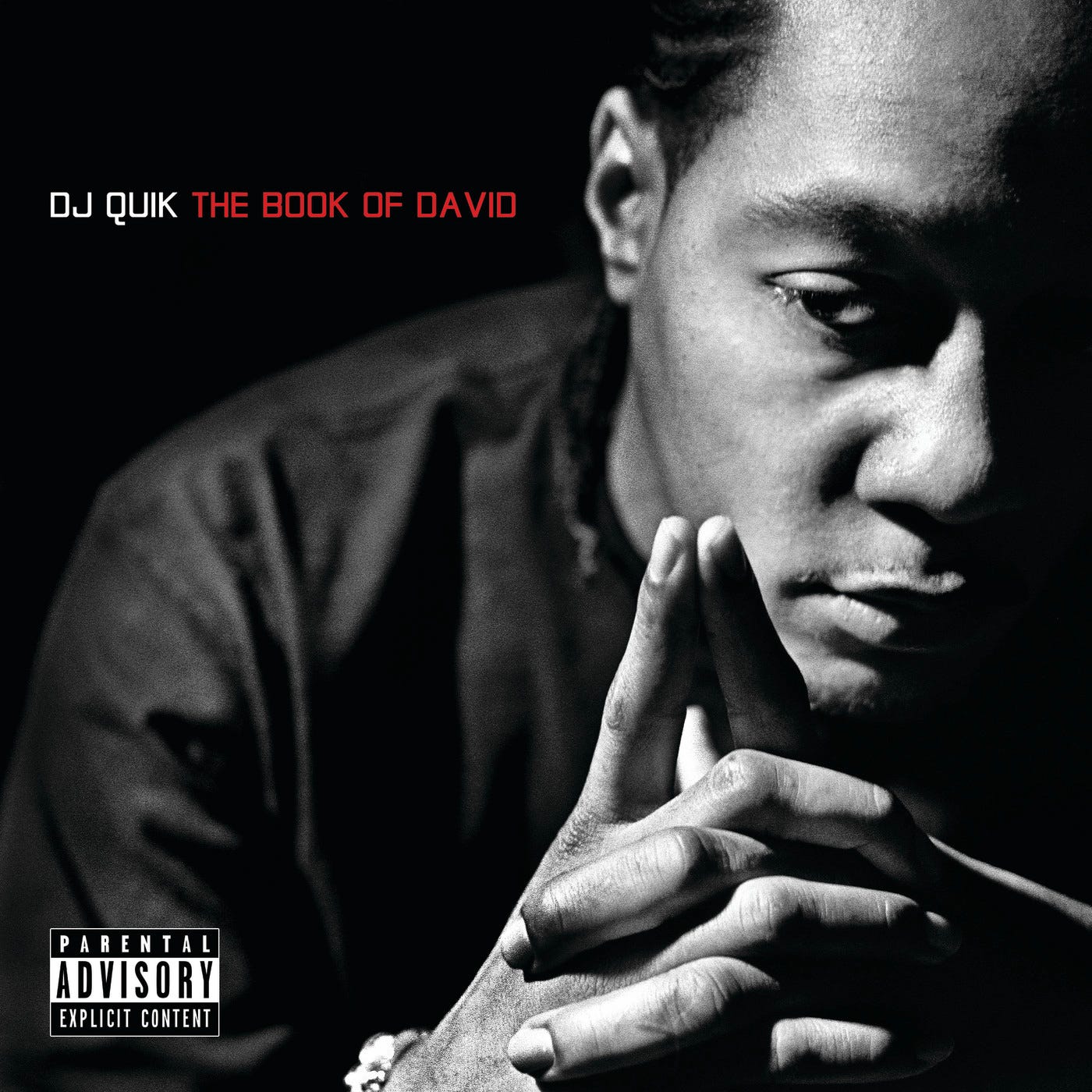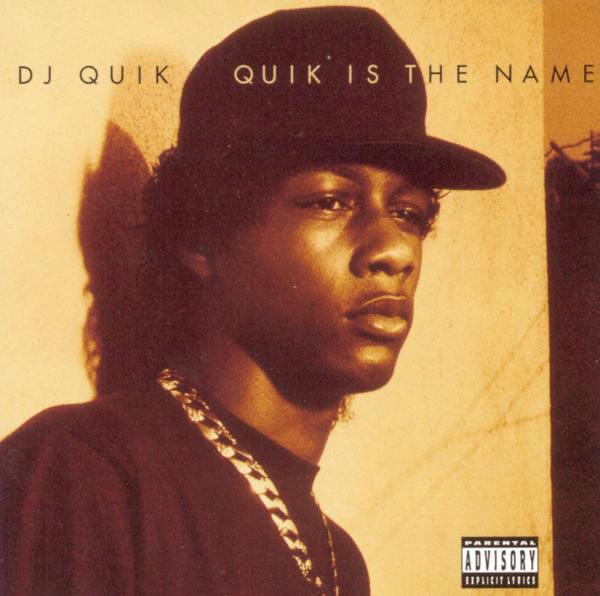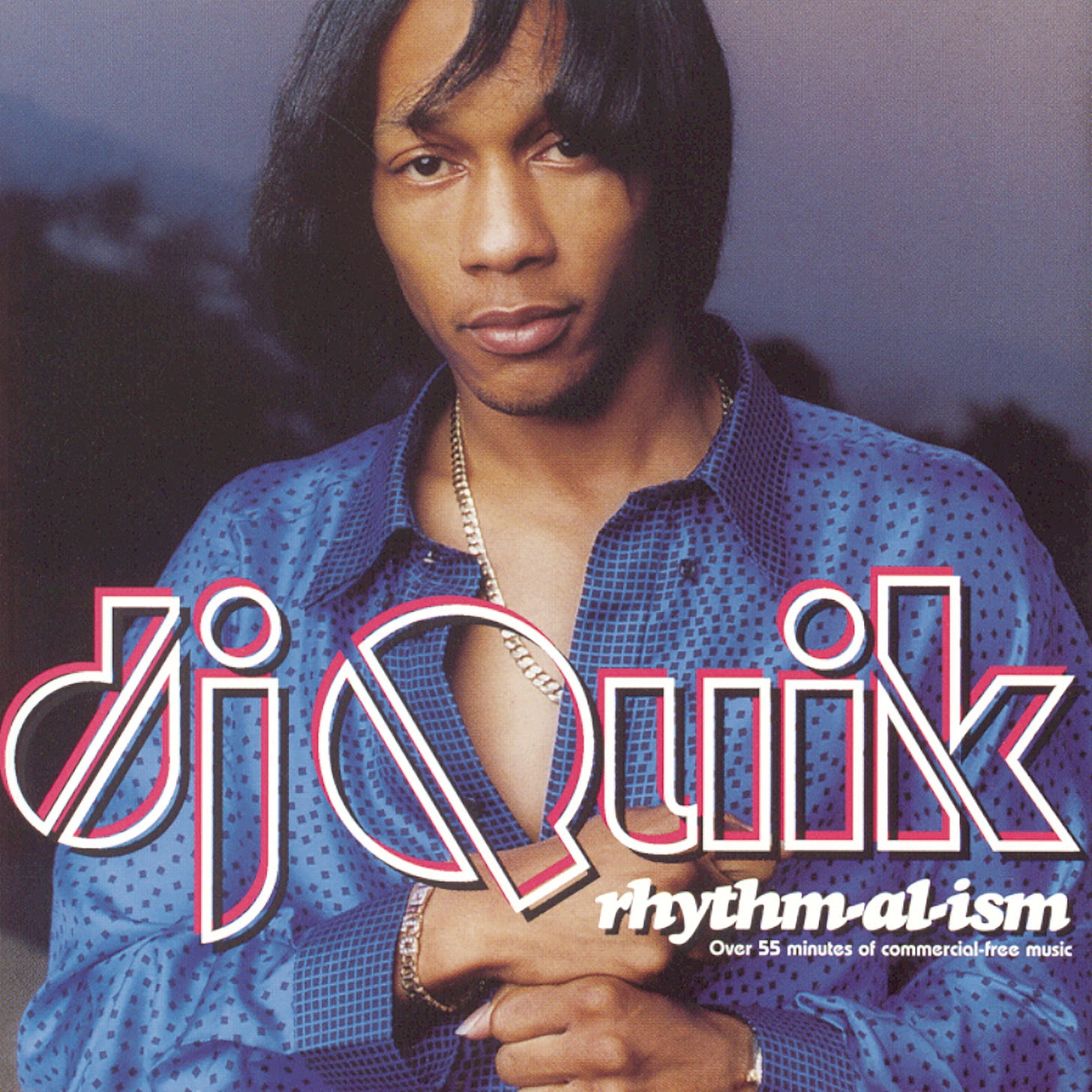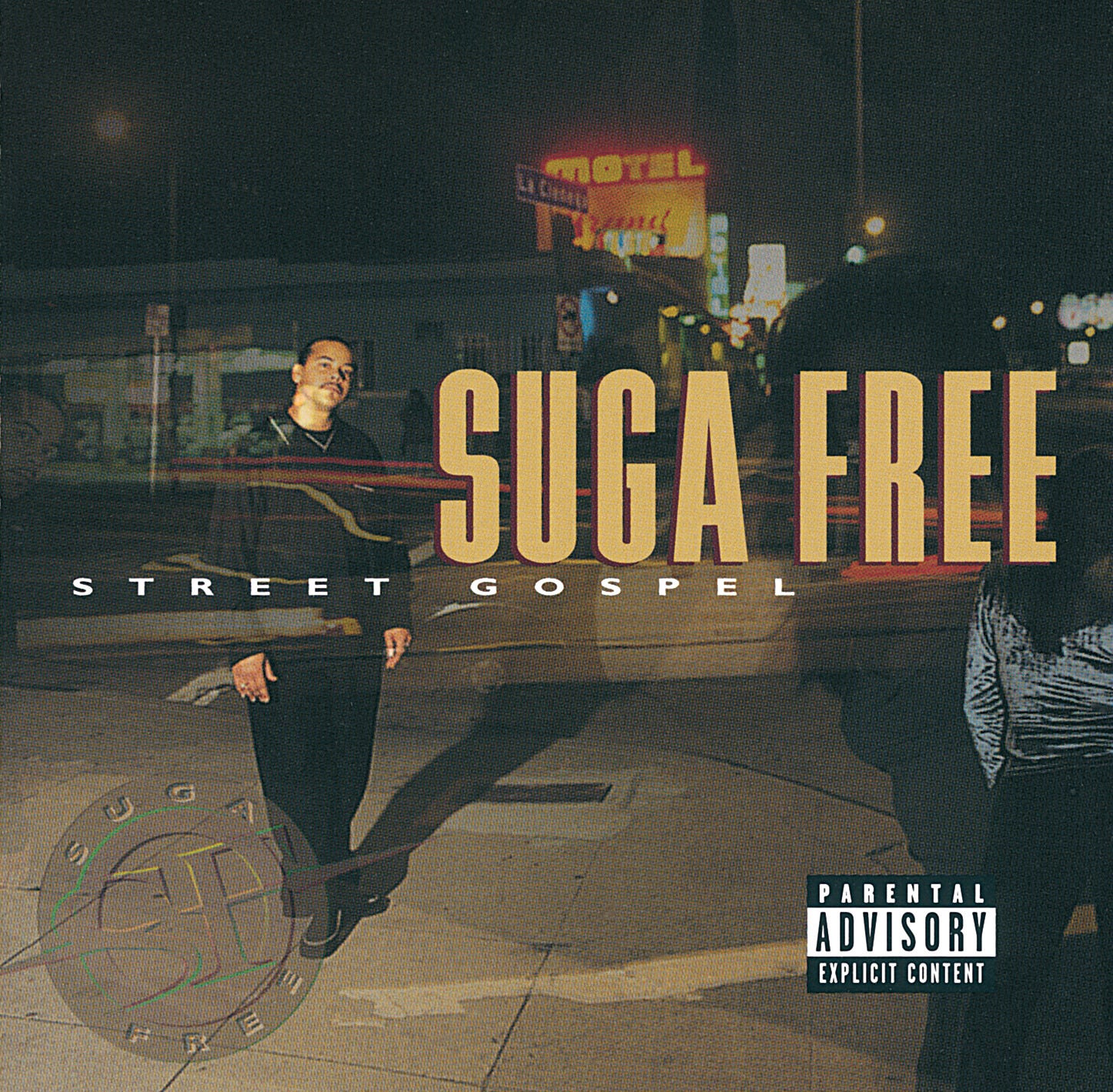The 10 Best DJ Quik-Produced Albums, Ranked
DJ Quik has never been content with just making beats. These ten albums highlight that span, each one a different argument for why his production continues to matter.
A fair way in is to ground Quik not just as a rapper or beatmaker but as an architect whose fingerprints run through entire records. He wasn’t content to slide a single onto a soundtrack or tuck a verse onto a posse cut—he built albums front to back, shaping the tone of a project through drum choice, bassline discipline, and arrangement instincts that carried whole crews. His catalog shows how a producer’s vision can stretch from his own microphone to other voices, and how the throughline of groove and engineering polish ties it all together. What follows is a look at ten albums where Quik’s role as producer doesn’t just support but defines the work, the places where his touch elevated not just singles but complete statements.
10. Mausberg, Non Fiction
Mausberg had been a standout guest in the Quik camp since 1998. This album was designed to present him as a full storyteller over grooves built for his voice. “Get Nekkid” and “The Truth Is” work because the beats give his phrasing runway, and because Quik’s cameos feel like quality control, not scene-stealing. The writing combines street detail with unforced humor, and the production maintains a sweet middle ground where his syllables can bite. “Any Way U Want To” adds Suga Free and James DeBarge for a sleek change-up that still honors the pocket. You can hear Quik’s executive ear in the way interludes are minimized and arrangements carry the transitions, with bass movement doing as much narrative work as the hooks. The record plays like a mentor’s endorsement and a promise of growth that, sadly, never had time to unfold.
9. DJ Quik & JasonMarin, Rosecrans
After decades as a solo architect and collaborator, Quik linked with a younger Compton voice who could meet his timing and write to his swing, and the full-length expansion shows how well that pairing travels. “A New Nite / Rosecrans Groove” is patient and sticky, allowing an extended vamp to breathe while verses slide in and out; “European Vacation” and “Bad Azz” widen the palette with guests without compromising the core chemistry. Quik raps sparingly and effectively, then returns to directing the pocket, utilizing live-leaning keys and rhythm guitar to maintain momentum while the drums take center stage. JasonMartin writes with bark and bounce, and the interplay turns verses into movement cues rather than ego contests. This is legacy production, proving it can update itself without costume changes, built on timing, trust, and a feel for when to let the band take the lead.
8. DJ Quik, Way 2 Fonky
After the breakthrough, he refined the drum book and allowed the writing to expand into tour-life reportage and neighborhood mapping, all while keeping the bounce front and center. “Jus Lyke Compton” moves as a travel diary with punchlines, set over a drum-and-bass chassis that never loosens, and the title track’s synth lines cut through like hooks of their own. Guitar flourishes from Rob “Fonksta” Bacon brighten the edges without turning the songs into fusion exercises, and Quik’s verses stay in pocket, clipping ends of lines to sit exactly on the backbeat. The record’s muscle is in how it feels immediate and rehearsed at once, the mark of someone building songs for performance as much as playback. Talking slick works here because the mixes remain clean, and because every chorus lands where the kick wants it to land.
7. DJ Quik, Balance & Options
Coming off a lush creative run, he tests how far party instinct can travel when the drums get tighter and the writing leans into adult stakes. “Pitch In on a Party” is economy in action: four bars of setup, a clean pocket, and a hook that rides because the groove never clutters. He stacks percussion for lift, sneaks in string pads for color, and cuts the low end so vocal phrasing pops, then shifts to reflective verses without draining energy. The record toggles between social ease and private intimacy, and the beats carry both moods by relying on tempo clarity and subtle arranging moves rather than grand gestures. You can hear his ear for how a single keyboard figure can glue a whole track, how a quick guitar answer can cue a hook in your head before it arrives. It’s a veteran flex in restraint.
6. 2nd II None, 2nd II None
Before their own spotlight, the duo had been Quik’s close allies, appearing on his sessions and learning how to sit inside his swing; their debut bottles showcased chemistry, writing about status, flirtation, and day-to-day choices that ride rather than blare. “If You Want It” works because the chorus is conversational and instantly repeatable, laid over pocket drums that bounce without rushing. “Be True to Yourself” keeps the advice plain, never preachy, supported by warm keys and a bass that outlines the chords without showboating. Cameos fold in like neighborhood drop-bys, including a posse cut that plays like a studio hang captured on record. Quik’s production gives them shine through arrangement discipline: small guitar chanks, keyboard filigree, and handclap accents placed to lift phrases. The duo’s back-and-forth feels practiced but unforced, and the beats give them room to pivot from slick talk to straight talk without losing pace.
5. DJ Quik, The Book of David
Years of studio work, live shows, and collaboration sharpened his instincts, and this return centers craft over clout, treating every song like a discrete build. “Fire and Brimstone” opens with drum figures that snap, then he threads talky cadences through pocketed bass, and the writing toggles between grievance, self-check, and shop talk without breaking flow. “Killer Dope” rides a prancing keyboard motif that he keeps teasing in and out, while “Hydromatic” flips a familiar source into something playful and clean, a reminder he hears arrangement in layers, not loops. “Luv of My Life” and “Real Women” lean into grown-R&B melody but keep the drums speaking, so the polish never eats the pulse. Across the set, he raps like a producer who trusts silence as much as sound, leaving air for backing vocals and guitar color to do narrative work.
4. DJ Quik, Quik Is the Name
Before a national profile, he was a Compton mixtape workhorse and party DJ who could cut, program, and arrange on the fly; this debut turns that garage-studio hustle into clean, head-nodding records. “Tonite” shows how he builds an anthem by stacking familiar soul fragments into a new rhythm architecture, laying talk-plain verses that move like conversation rather than posture. “Born and Raised in Compton” is a direct expression of civic pride over springy bass and bright keys, proof that he can write clarity without losing bounce. The album’s pull lies in how he transitions from neighborhood snapshots to sly humor, never overcooking the mix, keeping the drums fat and vocals upfront. You hear a producer already mixing with an engineer’s brain, carving lanes so every ad-lib and fill lands exactly where your ear expects it.
3. DJ Quik, Safe + Sound
After a breakout and a quick second lap, Quik tightened his drum sound, wrote sharper hooks, and aimed to make records that hit from sedans to clubs without losing bite. The title track glides on layered keys and crisp snares that leave space for his clipped internal rhythms, and “Dollaz + Sense” fuses street-level sharpness with dance-floor pull, the bass carrying his darts without turning the record into a lecture. Throughout, you hear his ear for harmonic glue: small guitar figures lock with synth stabs, and percussion details keep the groove alive between couplets. G-One’s co-production on key cuts adds sheen without sanding off edge, and Quik’s vocal presence is coolly centered, tossing off everyday detail as connective tissue rather than punchline fishing. Even the sex talk works because the rhythm section never lets the momentum sag. The result is a set that feels lived-in yet meticulous, as confident about its pocket as it is about its pen.
2. DJ Quik, Rhythm-al-ism
By the late stretch of his first run, Quik had proven he could move a crowd and engineer his own records with precision, and this album is where those skills merge into a bandleader’s mindset with fully realized arrangements and a patient pocket. The writing toggles between self-assessment and slick bravado, and the hooks lean on melody without blunting the swing. “You’z a Ganxta” sets the tone with self-reckoning that still rides, while “Hand in Hand” pulls 2nd II None and El DeBarge into a warm call-and-response built on elegant chord movement and tight drum accents. “We Still Party” works because the low end never wobbles off its grid, leaving room for talkbox-bright keys to lighten the barwork. Quik stacks live-feeling percussion with programmed precision, and he keeps verses conversational, not sermonized, which lets features from Suga Free, AMG, Mausberg, and Peter Gunz feel integral rather than ornamental. The sequencing of moods happens through tempo feel and instrumental choice instead of interlude crutches, and the record’s sturdy midtempo backbone is what lets every vocal personality land cleanly. This is the career proof that groove craft and verse craft can share equal billing.
1. Suga Free, Street Gospel
Before the debut, Suga Free had a Pomona rep for elastic timing, sharp comic instincts, and a stage voice that snapped between falsetto bite and clipped speak-sing, and DJ Quik turned that unruly precision into full songs that reward attention to phrasing. The record presents a character study built from scolding, game, and testimony, and it works because the production leaves pockets for pauses and side comments that function as punchlines. “Why U Bullshittin’?” becomes the thesis, a warning wrapped in curt questions and sudden bursts, its source choices adding a sly leer without drowning the voice. “If U Stay Ready” translates an ethic into everyday advice, with Playa Hamm smoothing the hook while Quik, G-One, and Robert “Fonksta” Bacon keep the groove springy and light on clutter. “I Wanna Go Home (The County Jail Song)” flips court language into gallows humor and still lands clean, and “Tip Toe” turns into a lively exchange with Hi-C and Quik that spotlights rhythm as attitude. “On My Way” brings El DeBarge into the room for a gliding release valve that never softens Free’s bite. The beats favor rubbery bass, bright keys, and small guitar replies that highlight the cadence rather than compete with it, and the sampling choices show a crate ear that treats source material as character detail. What we got is a tightly drawn world where delivery is the lead instrument and the writing moves from boast to confession without losing snap.


